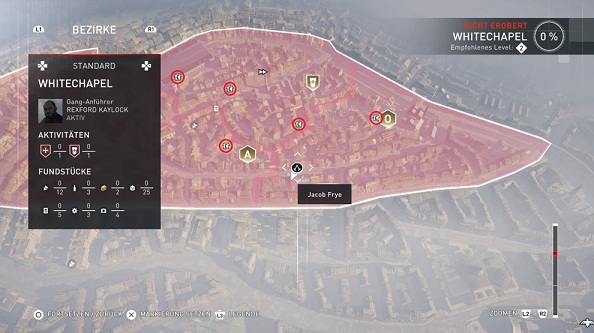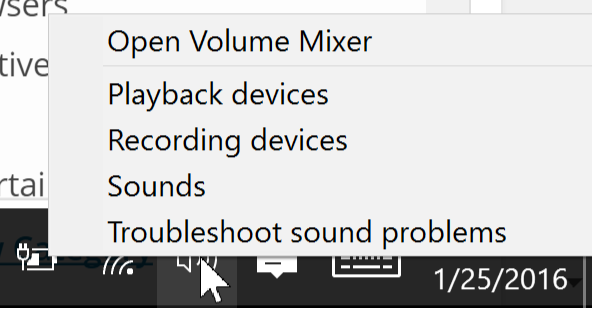

A new feature has been revealed that changes citizens’ views on protagonist Aiden Pearce, dependant upon the actions you take within the game. Watch Dogs’ reputation system will alter NPCs’ reactions to you in the game depending on how you’ve been playing, for example, if you have been savagely murdering countless innocents, shooting police and driving dangerously all over the city, citizens and the media will (understandably) start to formulate a negative attitude towards Aiden and may react accordingly when they see him.

Watch Dogs' Reputation System Explained
The system is designed to make the player weigh up their actions and provide a sense of gravity to things like running over civilians. The lasting effect that these sorts of actions can carry throughout the game gives Watch Dogs the air of a far more morally grounded game than perhaps we’re used to from an open-world game set in a city. While this type of system will be familiar to fans of the Assassin’s Creed games who have spent time ripping down wanted posters and bribing town heralds, the system in Watch Dogs appears to be far more imposing upon the player. If, for example, you are playing as an absolute rogue, the backlash of negative press will stick with Aiden until he atones by completing a number of altruistic side missions, the number of which will increase in tandem with just how much he is hated throughout the city.
The Effects of Reputation in Watch Dogs
Again, there is another side to this and if you play in a generally positive and considerate way, a handful of questionable acts won’t ravage your reputation meter too horribly. Certain acts, however, will be weighted more heavily than others in this respect and even a heroic and well-respected Aiden will lose his good reputation if he is seen brutally murdering cops in the street.
So what advantages and disadvantages are there to playing the game in your chosen way? Well, if you’re playing as a decent and kind-hearted individual, you may notice some subtle differences in the game, such as NPCs turning a blind eye if you commit a minor crime in front of them. If, however, you are playing Aiden as a morally-devoid sociopath, people may call the police simply for recognizing his face from the news.
The reputation system in Watch Dogs isn’t designed to make the game easier or more difficult depending on the way you play, but rather to make you more conscientious about the choices you make. No areas of the game will necessarily be closed to you for playing like a jerk, but being labelled as a terrorist by the media certainly won’t help you out all that much. Watch Dogs Lead Writer Kevin Short explains:
“The reputation system isn’t really a good-versus-bad kind of system. We really wanted it to just be the citizens reflecting back on you and what you’re doing so that you think about it more. The game doesn’t suddenly tilt one way if you get a bad reputation. It doesn’t make it exponentially harder. It should just make you consider your actions and what you’re doing.”
There are also aspects of the game that fall outside of the reputation system, though they simulate the same moral choices. Encountering an NPC with an easily accessible bank account, for example, could potentially be an easy way to make some quick money, but only if you can bring yourself to snatch it from a single mother with a low income. While this type of choice won’t necessarily register on your reputation meter, it is an extension of your vision of Aiden and whether he’s a truly moralistic character, or simply one projecting one image to the public while covertly preying on the public to further his own ends.
All in all, the reputation system attempts to simulate the real-world consequences of your own actions within the urban setting of Watch Dogs, and ultimately allows the player to make their own personal mark on the journey on Aiden Pearce.
We’ll find out how the reputation system integrates into the game at the Watch Dogs release date on 27th May 2014.
What do you think of this reputation mechanic in Watch Dogs? Let us know in the comments section below!
If you enjoyed this article, here are a few more that you may also like:








 Comprehensive Destiny PS4/PS3 Tips & Tricks For Gameplay, Weapons, Achievements, Raids And Crucibles
Comprehensive Destiny PS4/PS3 Tips & Tricks For Gameplay, Weapons, Achievements, Raids And Crucibles Mad Max: Scrotus and the War Boys
Mad Max: Scrotus and the War Boys How to beat the Championship Mode in F1 2015
How to beat the Championship Mode in F1 2015 Assassins Creed - Syndicate: Illustrations location
Assassins Creed - Syndicate: Illustrations location How to Change Volume of Individual Programs in Windows 10
How to Change Volume of Individual Programs in Windows 10